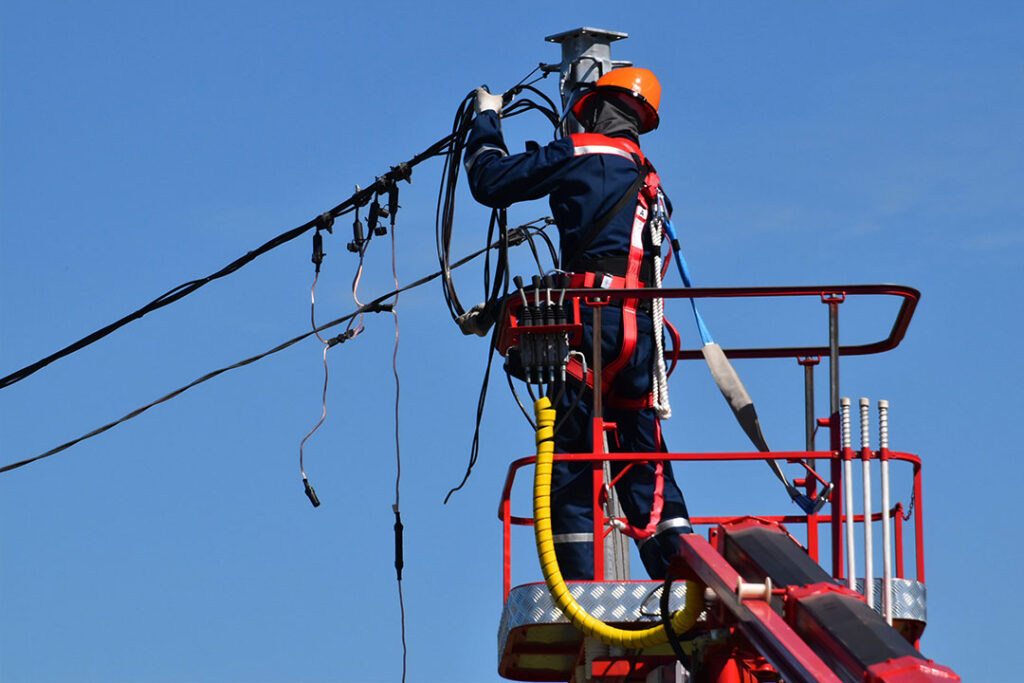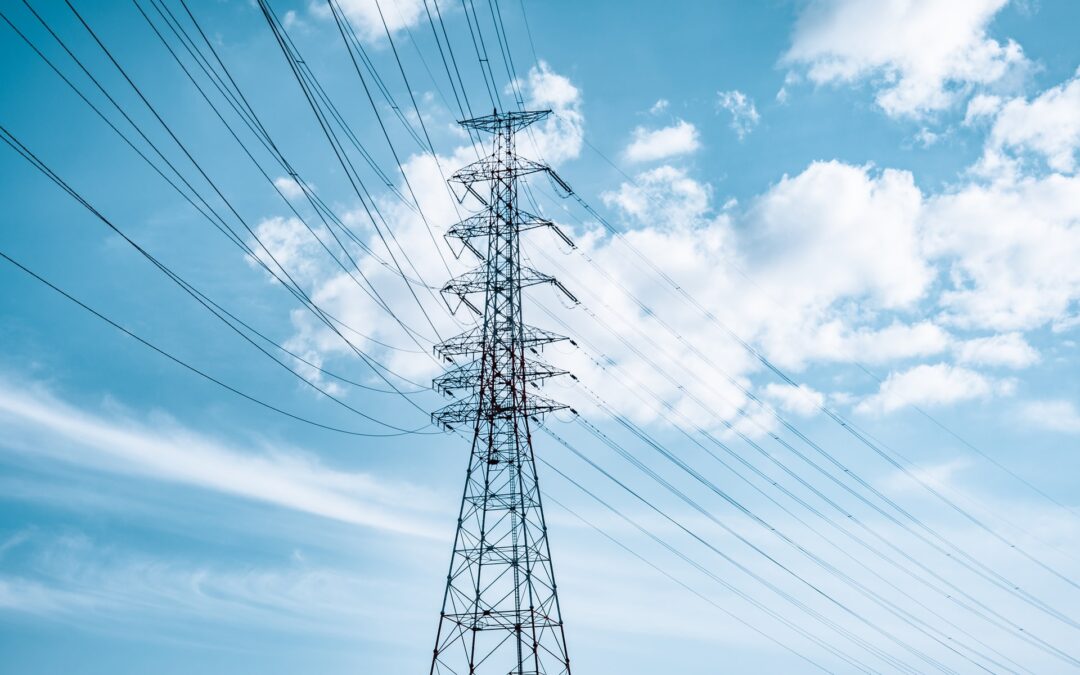Last summer, the residents in Detroit suffered from 3-day outage for the breakdown of the power line hardware systems. Energy campaigner Michelle Jones was one of the victims. She had just purchased $200 worth of foods to feed her entire family at the moment, but due to the blackout, she had to discard and toss everything out. As a result, she refused to pay a large portion of their salary in utility bills.
All activists assembled in the Avalon Village community area in Highland Park on April 27th. Hundreds of energy activists gathered to support a new package of laws introduced by state Reps. Jones was one of them.

Financial bills urging more in utility systems
House Bill 6043 establishes a system for utilities to grant residents bill credits for losses suffered during power outages that grows with the length of the outage. Customers who had four service outages lasting an hour or longer in the previous 12 months would receive a $100 credit under HB 6045. Customers who have more than four outages will be given a $200 credit on their payment.
The bills come after the Michigan Public Service Commission, the state’s utilities oversight body, increased the previously necessary credit from $25 to $35 per day in March.
Credits would be available after 96 hours instead of 120 hours in “catastrophic conditions,” when more than 10% of consumers lose power. A new “gray sky” scenario was added to the new order, which would trigger credits after 48 hours if between 1% and 10% of customers lost power. Credits begin to accrue after 16 hours in typical circumstances, as per the previous regulation. The ruling also mandates that utilities offer bill credits to customers automatically rather than needing them to request them.

How to improve the quality of power line hardware systems
To begin with, the utilities’ opposition remains fierce. The proposed legislation was deemed “unnecessary” by DTE Energy. Second, Aiyash urged utilities to step up their efforts to repair the region’s power grid. The general public wants utility providers to recruit more workers to address issues as they arise. They want to see utility firms invest in grid retrofitting and upgrades to make it climate resilient. Electricity security for the masses is, nonetheless, a primary issue for these businesses.
Plan a project timeline in the following two weeks. Monitoring power quality at the plant level or in crucial regions with sensitive loads might serve as a good starting point.
Within the following six months, evaluate your monitoring data and the influence they have on your equipment and installation. The power-quality correction technologies should be inspected. Identify a low-cost, short-term project that may provide favorable benefits in a short time frame (for example, an immediate opportunity to deploy power-quality equipment for a particular device or process).


